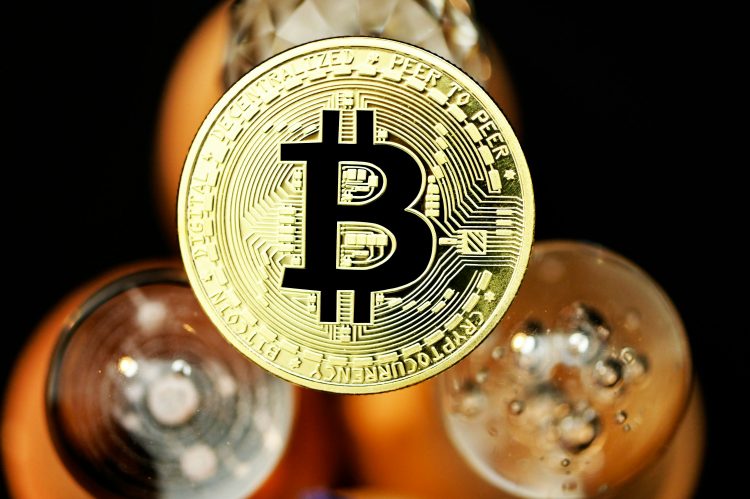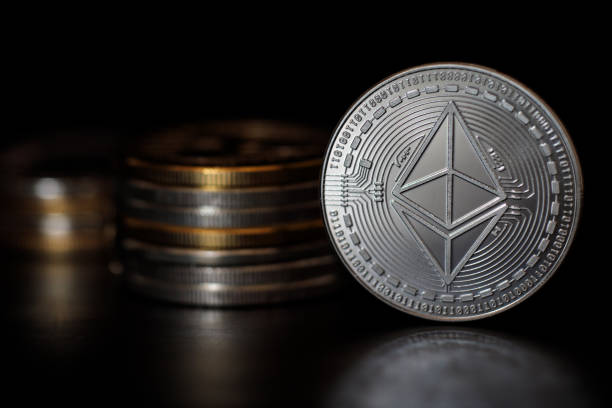F2Pool Co-founder Rejects Bitcoin’s Anti-Spam Soft Fork
Note: This post may contain affiliate links, and we may earn a commission (with No additional cost for you) if you make a purchase via our link. See our disclosure for more info. The crypto world is constantly changing. This content is for informational purposes only and not financial, legal, or professional advice So, please verify the info on the cryptocurrency provider’s websites.
F2Pool co-founder Chun Wang has publicly criticized Bitcoin Improvement Proposal (BIP-444), a proposed soft fork aimed at restricting “arbitrary onchain data,” declaring it a “bad idea” that he will not support. While the provided source text offers limited specific technical details, BIP-444's overarching goal is to curb the inclusion of non-transactional or non-financial data on the Bitcoin blockchain. This often refers to various forms of embedded information, such as text or images, that some argue contribute to network bloat and compete for block space without directly serving Bitcoin's primary function as a monetary system.
Technically, a soft fork like BIP-444 would introduce new consensus rules. These rules would likely define and enforce limitations on what data can be permanently recorded, potentially by stricter validation for transaction outputs, particularly `OP_RETURN` scripts. The perceived benefits by proponents include reducing the overall blockchain size, thereby lowering storage requirements for full nodes, enhancing synchronization speeds, and potentially improving network efficiency. It aims to ensure that the network's resources are primarily dedicated to financial transactions, potentially leading to lower transaction fees for these “legitimate” uses.
The target audience for such a proposal includes Bitcoin full node operators, core developers, and users who prioritize the blockchain's efficiency and its role as a peer-to-peer electronic cash system. However, Wang's strong disapproval highlights the significant controversy surrounding BIP-444. Critics may view such restrictions as a form of censorship, limiting the network's potential for innovation or diverse use cases. The subjective nature of defining “arbitrary data” also presents a challenge. The lack of support from influential entities like F2Pool, a major mining pool, is a critical factor, as miner signaling is essential for the activation and success of any soft fork, underscoring the ongoing debate within the Bitcoin community regarding resource allocation and the network's evolving purpose.










